Dog / Detail
Caring for Your Senior Dog: A Comprehensive Guide
Jonathan Bennet | 17 October 2024 | 16:10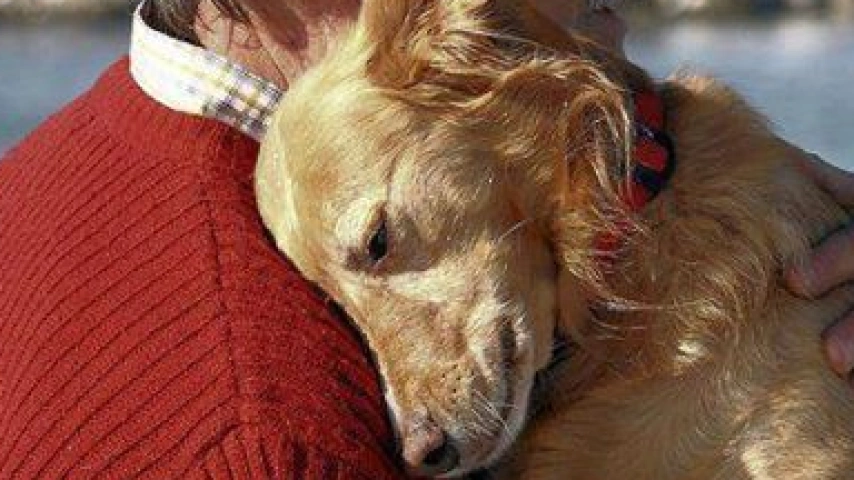
As your dog ages, their needs and requirements may change. Providing appropriate care for your senior dog can help them enjoy a comfortable and fulfilling life.
By following these guidelines, you can help your senior dog live a happy, healthy, and fulfilling life. Remember to consult with your veterinarian for personalized advice and to address any specific concerns you may have.
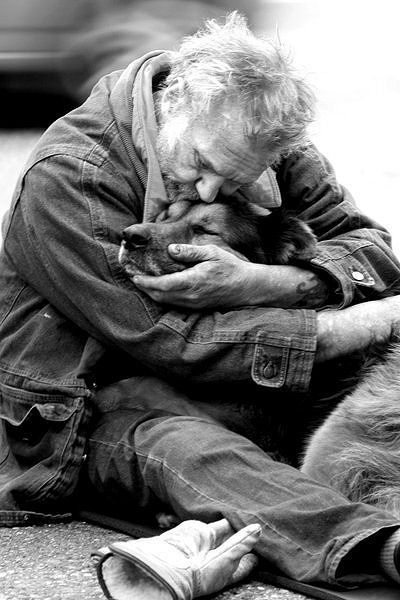
1. Health and Wellness
- Regular Veterinary Checkups: Schedule regular veterinary checkups to monitor your dog's overall health and detect any potential health issues early on. Older dogs may be more prone to age-related conditions such as arthritis, heart disease, kidney disease, and cancer.
- Vaccinations: Ensure your senior dog is up-to-date on vaccinations to protect them from contagious diseases. However, consult with your veterinarian to determine the appropriate vaccination schedule based on your dog's health and lifestyle.
- Dental Care: Good dental hygiene is essential for older dogs to prevent gum disease and tooth loss. Brush your dog's teeth regularly and consider professional dental cleanings as recommended by your veterinarian.
- Vision and Hearing: As dogs age, they may experience vision and hearing loss. Be aware of any changes in your dog's behavior, such as bumping into objects or not responding to commands. If you notice any signs of sensory impairment, consult with your veterinarian.

2. Nutrition
- Age-Appropriate Diet: As dogs age, their nutritional needs may change. Consider transitioning your dog to a senior dog food formulated to provide the necessary nutrients for their aging bodies.
- Portion Control: Monitor your dog's weight and adjust their portion sizes accordingly. Overweight dogs may be more prone to health problems such as arthritis and diabetes.
- Hydration: Ensure your dog has access to fresh water at all times, especially during hot weather. Dehydration can be a serious health concern for older dogs.
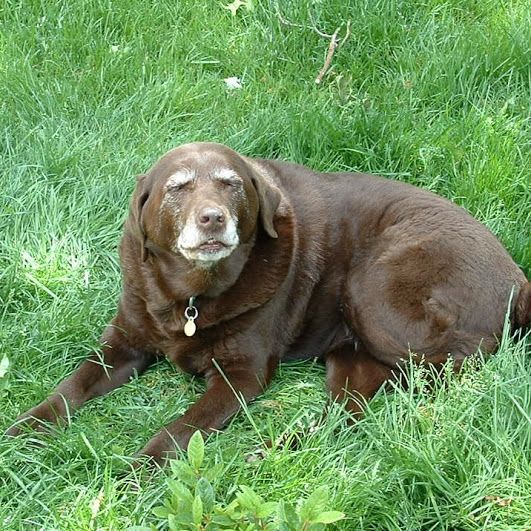
3. Exercise
- Regular Exercise: While older dogs may not be as energetic as they once were, regular exercise is still important for maintaining their physical and mental health.
- Gentle Activities: Choose activities that are gentle on your dog's joints, such as swimming, walking on soft surfaces, or playing fetch indoors.
- Rest Periods: Allow your dog plenty of rest periods throughout the day to prevent fatigue.

4. Mental Stimulation
- Training and Puzzle Toys: Continue to train your dog and provide them with mentally stimulating activities. This can help prevent boredom and cognitive decline.
- Interactive Play: Engage your dog in interactive play sessions, such as hide-and-seek or puzzle toys.
- Socialization: Encourage social interaction with other dogs and people to keep your dog mentally engaged and happy.
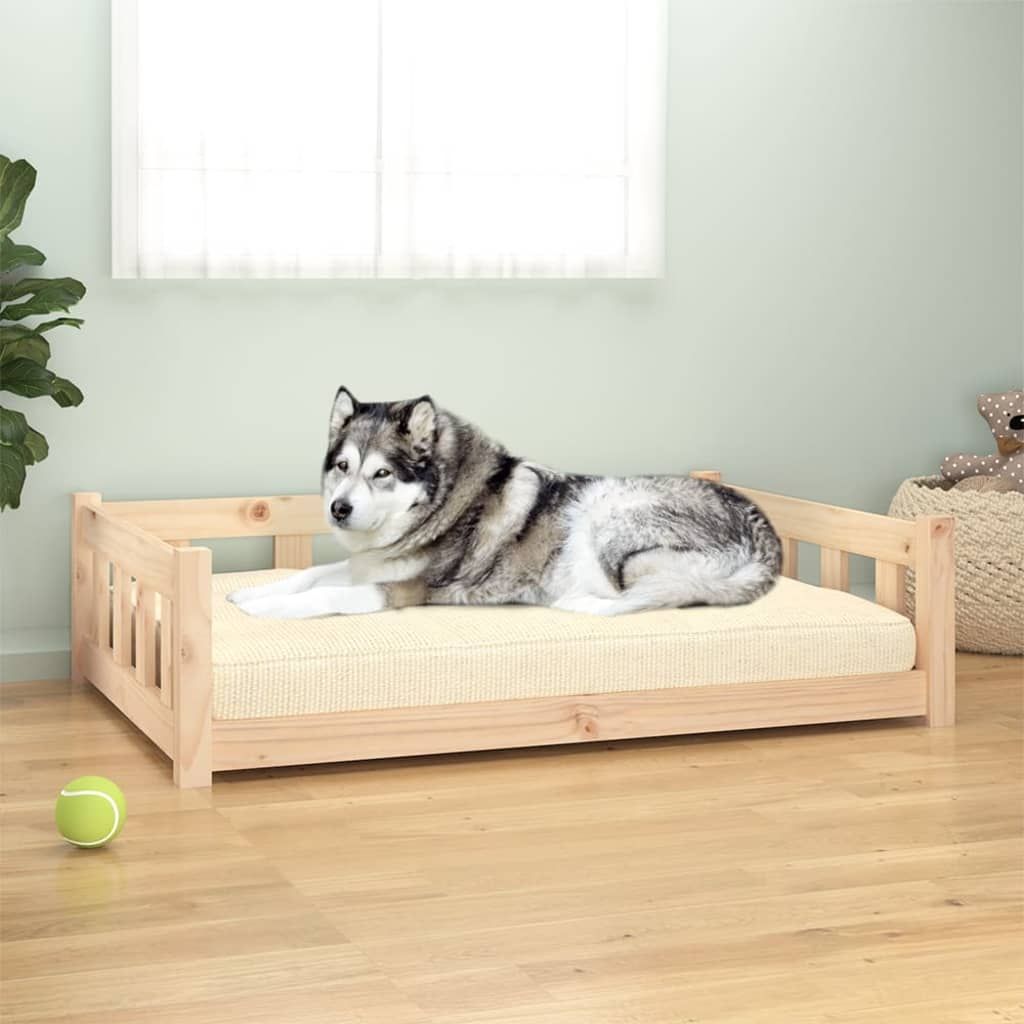
5. Comfort and Quality of Life
- Comfortable Bedding: Ensure your dog has a comfortable and supportive bed to help them rest comfortably.
- Warmth and Cooling: Provide appropriate warmth during cold weather and cooling during hot weather.
- Grooming: Regular grooming can help keep your dog's coat healthy and prevent matting.
- Joint Care: If your dog is experiencing joint pain, consider supplements or medications recommended by your veterinarian.
End-of-Life Care: As your dog ages, you may need to make difficult decisions regarding end-of-life care. Discuss your options with your veterinarian and be prepared to provide your dog with a peaceful and dignified end to their life.
Related
-
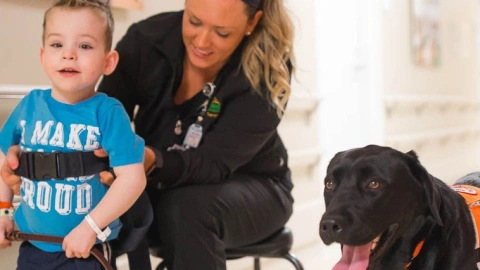
The Healing Power of Dogs: How Canine Therapy is Revolutionizing Mental Health and Boosting Positive Energy in Humans
Dog14 November 2024
-

A Pawsitive History: Dogs of Nuremberg
Dog09 November 2024
-
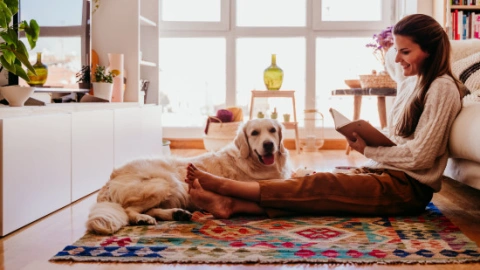
The Role of Oxytocin in the Human-Dog Bond: The Science Behind Our Deep Connection
Dog06 November 2024
-

Beyond the Beach: Jamaica's Dog Lovers
Dog29 October 2024
-

A Dog's Delights: Homemade Snacks for Our Furry Babies, Recipes Included!
Dog29 October 2024
-
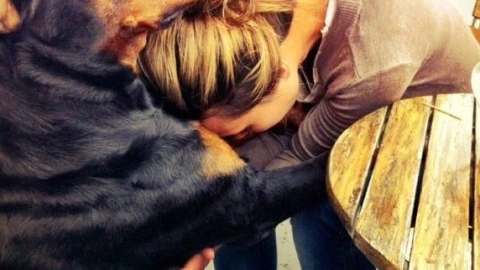
A Dog's Disorientation: Understanding Your Dogs' Wanderlust
Dog29 October 2024
Popular
-

-

A Pawsitive History: Dogs of Nuremberg
09 November 2024 -

-

Beyond the Beach: Jamaica's Dog Lovers
29 October 2024 -
